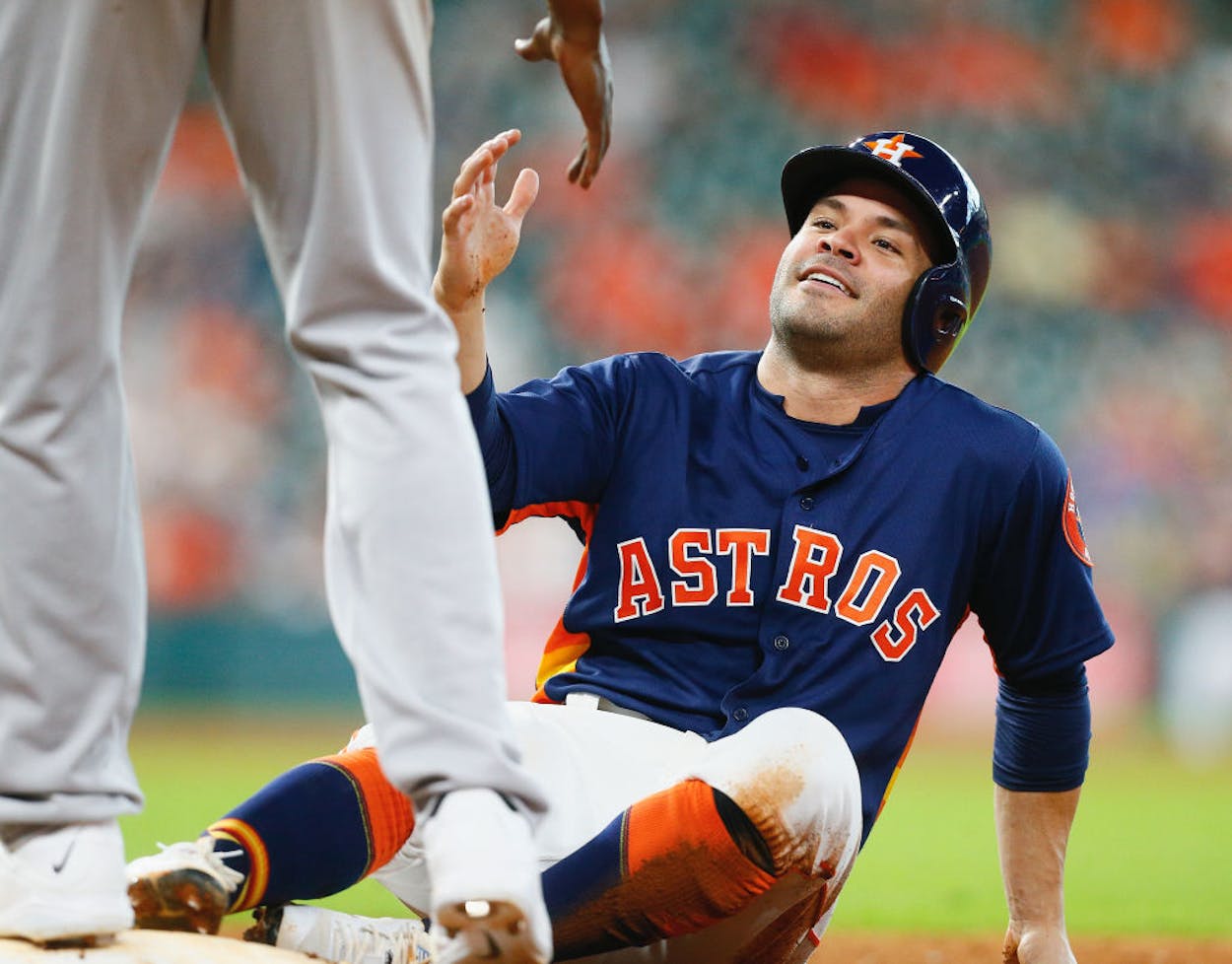There are bigger things happening right now than a baseball game, of course. But the games will go on, and the first game of an Astros-Rangers series will start at 6:10 p.m. on Tuesday. Not in Houston, obviously, where the games were scheduled to be played. And not in Arlington, where the players from both teams were staying as of Monday. Rather, the games will be played in a neutral location—St. Petersburg, Florida—after the two teams failed to come to an agreement about how to handle relocating the series.
Each team had one home series against the other remaining on the schedule. The Astros were slated to host the games in Houston this month, and the Rangers have the matchup on the schedule for a three-game series beginning September 25. The Astros proposed a swap: The Rangers could take the home games this month, and the Astros would take the home series at the end of September. The Rangers rejected the proposal, instead making a counter-offer: they’d host the games, but with the Astros as the official home team (and receiving the revenue for the games). Then, in late September, the Astros would come to Arlington as per the schedule.
That meant that the Rangers would host two series against the Astros in Arlington, and the Astros would play no home games in the series in Houston. The Astros refused, and the games were relocated to Florida.
The spin on what happened has not been favorable to the Rangers, and it’s perhaps understandable. Swapping the series sounds fair, and the Houston Chronicle roasted the Rangers for the team’s refusal. “Rangers blow chance to show compassion, help out Houston,” the headline read. Deadspin, in a piece about the decision, noted that “the Texas Rangers don’t look great here.” And maybe they don’t—especially since the Rangers are 15 games out of first place in the American League West, and sixth in line for the wild card.
But the Rangers aren’t out of playoff contention entirely. If they have a hot streak in September and the rest of the league falters, it could put them in the mix. If they had agreed to swap, they’d lose crucial home games toward the end of that run, ending the season with a twelve-game road trip. That’s a tough situation for any team with playoff hopes.
The Astros, meanwhile, don’t have any good options. Without the Rangers agreeing to the swap, they lose home games no matter what—it’s just a matter of if they play those games in Arlington or in Florida. And playing in Arlington, historically, has been tough for the Astros. They’ve won four of the six games they’ve played there this season, but in 2015 and 2016, the team was a whopping 4-17 against the Rangers when playing on the road. It’s understandable that the Astros might have reservations about choosing to play three extra games in that stadium.
Which is too bad, even if the Rangers’ position is understandable from a baseball perspective. Without a fair bit of luck, the Rangers will probably end up watching the playoffs from home this year, but the future is unwritten, so who knows. If they did agree to swap series with the Astros, though, and narrowly missed the playoffs after dropping extra games on the road, people’s jobs in the organization could be at stake.
It would have been nice, though, to see the North Texas crowd—one filled, presumably, with a not-insignificant number of displaced Houstonians—cheer for the Astros. It would no doubt have been a welcome respite for those who found themselves in the area for tragic reasons, even if only for a short while. The outcome of a sporting event isn’t important in the face of the destruction caused by Hurricane Harvey, obviously, but sports themselves—the community they create, their ability to inspire, the ideals of friendly competition and sportsmanship—matter in times like this.
We like to think that our professional sports leagues embody those things. But the fact that it makes sense that the Rangers and the Astros couldn’t come to terms over where to play these games are a reminder that this is a business, too. And it comes at the worst possible time.








